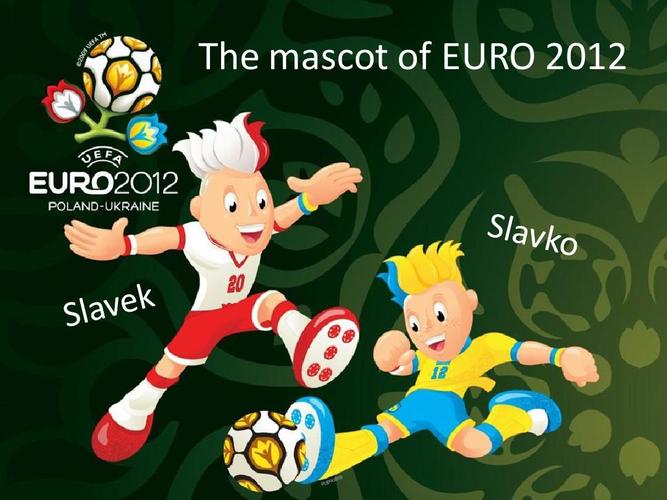The UEFA European Championship, commonly referred to as the Euros, is one of the most prestigious international football tournaments globally. Hosted every four years by the Union of European Football Associations (UEFA), this event brings together the finest national teams from across Europe to compete for the title of continental champions. Let's delve deeper into the essence and significance of the UEFA European Championship.
The inception of the UEFA European Championship dates back to 1958 when Henri Delaunay, the thengeneral secretary of the French Football Federation, proposed the idea of a panEuropean football tournament. It wasn't until 1960 that the inaugural tournament took place in France, featuring just four teams: the Soviet Union, Yugoslavia, Czechoslovakia, and the hosts, France. The Soviet Union emerged victorious in the final, defeating Yugoslavia 21.
Since then, the tournament has evolved significantly, expanding in size and popularity. It has witnessed memorable moments, legendary players, and remarkable upsets over the years, solidifying its status as one of football's premier competitions.

The UEFA European Championship has undergone several format changes throughout its history. Initially featuring just four teams, it expanded to eight in 1980, then to 16 in 1996, and finally to 24 teams in 2016. This expansion has allowed for greater inclusivity, enabling more nations to participate and showcasing the diversity of European football talent.
The tournament typically begins with a group stage, where teams are divided into several groups, each consisting of four or sometimes six teams, depending on the total number of participating teams. After the group stage, the top teams from each group, along with the bestperforming runnersup, advance to the knockout stage, comprising the round of 16, quarterfinals, semifinals, and the final.
The UEFA European Championship follows a rotation system for selecting host nations. Countries submit bids to UEFA, which then selects the host(s) through a competitive bidding process. Hosting the tournament is a matter of great pride for the chosen nation(s), as it not only showcases their footballing infrastructure but also provides a significant economic boost and an opportunity to promote tourism and cultural exchange.
The UEFA European Championship holds immense significance, both for participating nations and football fans worldwide. For players, it offers a chance to represent their country on the grandest stage, competing against the best teams in Europe and etching their names into footballing history. For fans, it is a celebration of football, fostering camaraderie, passion, and national pride.
Moreover, the tournament serves as a platform for emerging talents to shine and established stars to cement their legacies. It also has a profound socioeconomic impact, driving tourism, infrastructure development, and commercial opportunities for host nations and participating stakeholders.
In essence, the UEFA European Championship is more than just a football tournament; it is a symbol of unity, diversity, and the enduring spirit of competition. As each edition unfolds, it captivates audiences with its thrilling matches, dramatic moments, and unforgettable memories, leaving an indelible mark on the annals of football history.
Whether it's the roar of the crowd, the precision of a wellexecuted goal, or the jubilation of lifting the trophy, the Euros exemplify the magic of the beautiful game, captivating hearts and minds across the continent and beyond.